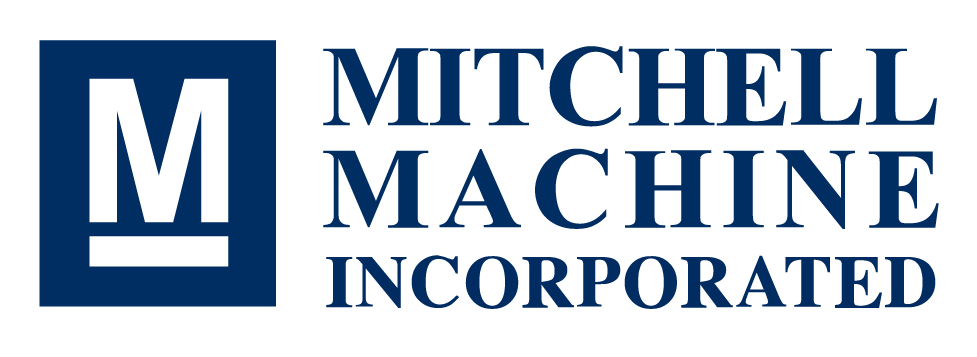
The newest wave of automation is driven by the same factors that first brought robotics and automation into the workplace: to perform highly complex tasks at a high rate of speed, while improving quality by eliminating errors and reducing variability. Automation also aims to cut manufacturing costs by replacing increasingly expensive people with more cost-effective machines. Today’s most advanced automation systems have additional capabilities, however, enabling their use in environments that have not been suitable for automation up to now and allowing the capture of entirely new sources of value in manufacturing
Although automating production processes can be extremely cost effective, the initial capital investment with the cost of industrial automation can be significant. This tends to make smaller firms reluctant, meaning they lag behind, in the long term. However, the investment can frequently be paid off or provide a return on investment within 2-3 years, even for smaller firms.
It’s important to note that systems do not have to be fully automated and incremental automation and innovations can be implemented over time to reduce the costs long term. There has been an acceleration in the growth of fully automated production facilities as cheaper, more capable and flexible technologies emerge overseas.
Lower operating cost after installation
Industrial automation eliminates healthcare costs and paid leave and holidays associated with a human operator. Further, industrial automation does not require other employee benefits such as bonuses, pension coverage etc. Although it is associated with a high initial cost it saves the monthly wages of the workers which leads to substantial cost savings for the company. The maintenance cost associated with machinery used for industrial automation is less because it does not often fail. If it fails, only computer and maintenance engineers are required to repair it.
High initial cost
The initial investment associated with making the switch from a human production line to an automatic production line can be very high. Also, substantial costs are involved in training employees to handle this new sophisticated equipment.
Savings from high quality & high flexibility
Automation alleviates the error associated with a human being. Further, unlike human beings, robots do not involve any fatigue, which results in products with uniform quality manufactured at different times.
Adding a new task in the assembly line requires training with a human operator, however, robots can be programmed to do any task. This makes the manufacturing process more flexible.
Increases Efficiency & Handles Complex Tasks
Automated production machines can be programmed to complete their functions the same way every time. There’s almost no variation in the way they operate from product to product, which allows assembling to be performed uniformly and consistently, helping to save money. The use of automated production lines is scalable from miniaturized print circuits to automobiles, and provides a predictable output continuously, allowing time for employees to focus on more meaningful responsibilities. Beyond that, automation can address complex situations that humans are not capable of.
Final Thoughts
Generally, in the cases that we see, the ROI when looking to automate manufacturing processes outweighs the reasons to not invest. The overall value of automation is to decrease costs and increase revenue. This is done by increasing the throughput, improving the quality, increasing repeatability and reducing the labour related costs. Your customers want it faster, better and cheaper. Your competitors are closing in and the stakes are getting higher for sustained profitability.
Mitchell Machine is a custom machine builder in Springfield, Massachusetts. To request a quote for automation or any of our other myriad manufacturing solutions, call (413) 749-5869.
Mitchell Machine | Automation Application Review
We enjoy new manufacturing challenges and offer confidential, technical and budgetary reviews of your planned automation projects. Please contact our application engineers to discuss specifics of your products and processes today.
{{cta(‘e51f775f-ed91-47ca-92b9-5fb1d4c56aba’)}}






